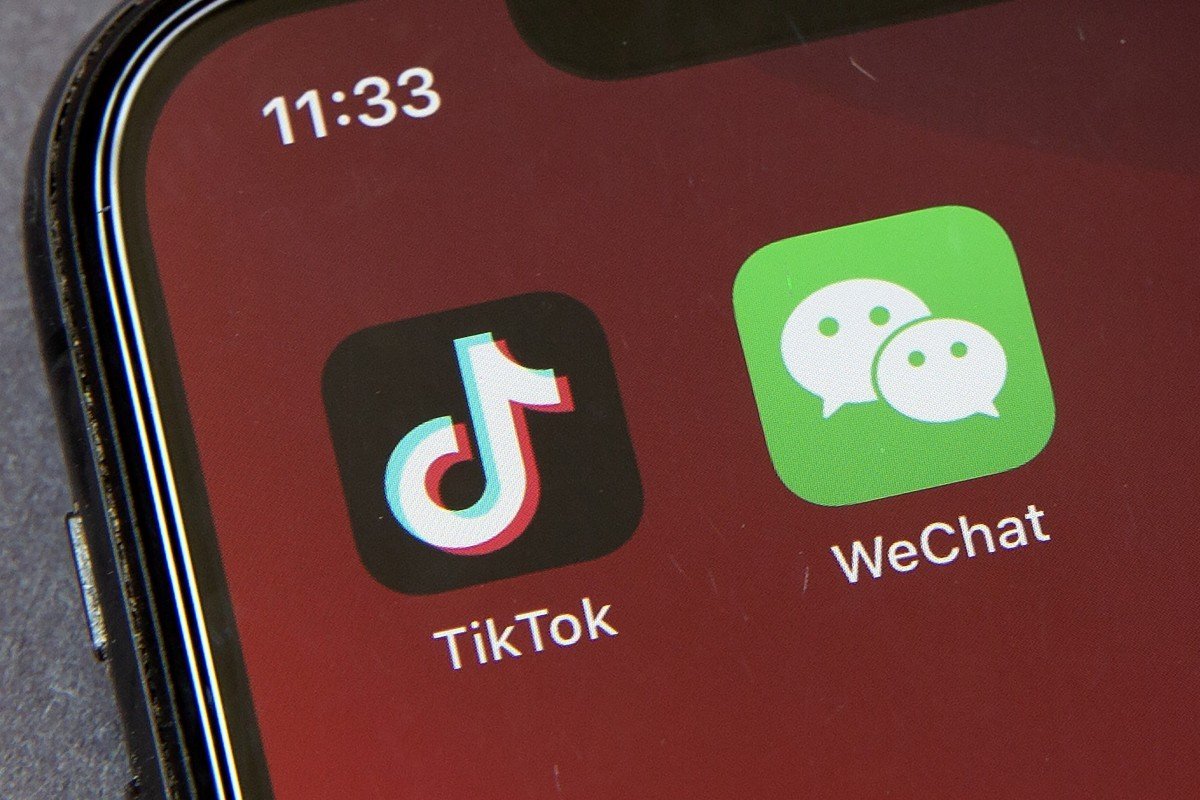
“People can’t simply just switch to another application,” said Cameron, who also asked that his last name not be included over political sensitivity concerns. He communicates with friends in China every day on WeChat, and plans to download and use a VPN if the U.S. for the past 10 years, owns an apartment in China and uses WeChat to pay property fees and make other payments. “ the only app that we can download and can download…This is so important for people with family and friends overseas in China, because how else are we going to communicate with them?” Shuyi said.Ĭameron, an American who has bounced between China and the U.S. telecommunications providers to block traffic from WeChat, according to a report from Eurasia Group, a political risk consultancy. cloud providers may be forced to stop providing services to WeChat, and the U.S. If the ban takes effect, Apple and Google will have to remove WeChat from their app stores. persons to download or utilize the apps,” according to a briefing from international law firm Steptoe & Johnson LLP. The scope of Trump’s executive order is not yet known, but it “could impact the ability of U.S. ban on WeChat will make it harder to connect with her relatives in China, who may not have the means to purchase and use a virtual private network (VPN), a tool that helps users bypass location-based Internet controls. It was expensive, she says, and made communication with family in China more difficult. and her relatives in the coastal province of Fujian in southeastern China.īefore WeChat, Shuyi’s family would buy minutes of call time through a phone company when they needed to talk to relatives in China. Shuyi uses WeChat every day to talk to her parents and cousins in the U.S. Instead, they record and send voice messages to one another in Fuzhounese, the Chinese dialect that her family speaks. and is “not 100% literate” in written Chinese, and some of her older relatives who didn’t attend school can’t read the written language. WeChat’s voice message function is an important tool for Shuyi-she grew up in the U.S. WeChat’s popularity continued to rise, thanks to innovative app updates and the decade’s mobile wave. WeChat’s user base surged a few months later when Tencent added a voice messaging function. WeChat parent Tencent launched the app (known as Weixin in China) in January 2011, latching on to the rapid growth in Chinese sales of smartphones like Apple’s iPhone. WeChat is ubiquitous among Chinese mobile users-79% of them regularly use the app. embassy in China has an official WeChat account.


Email is scarcely used in China-the country’s Internet users largely leapfrogged PCs and moved straight to mobile communication -and a majority of companies and local governments use WeChat to communicate and make announcements.


 0 kommentar(er)
0 kommentar(er)
